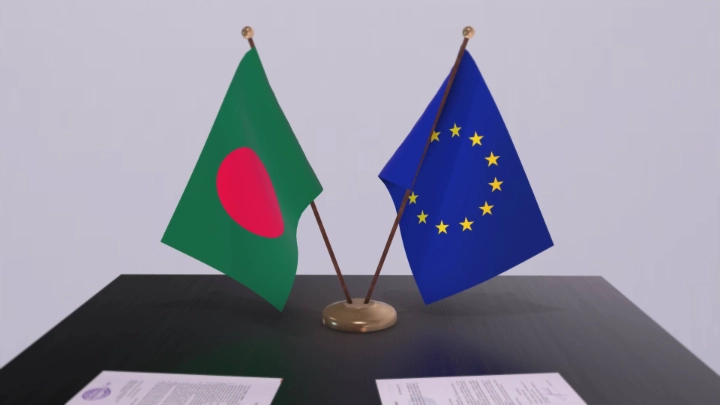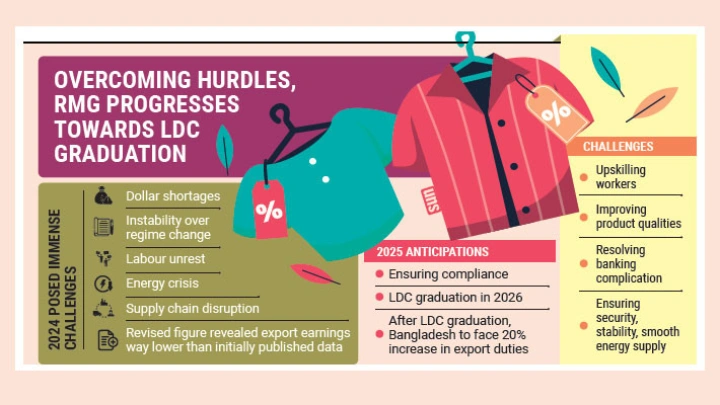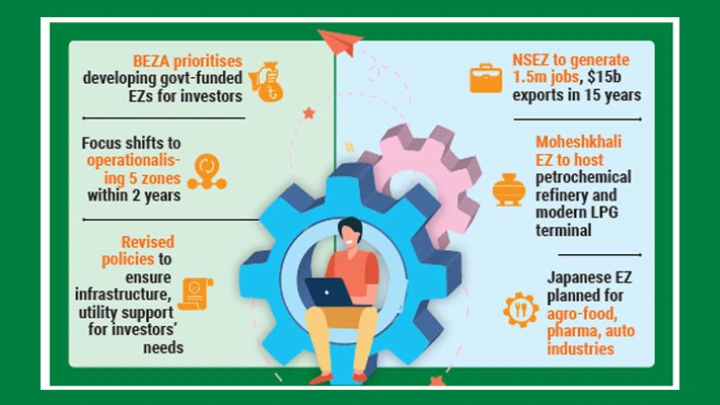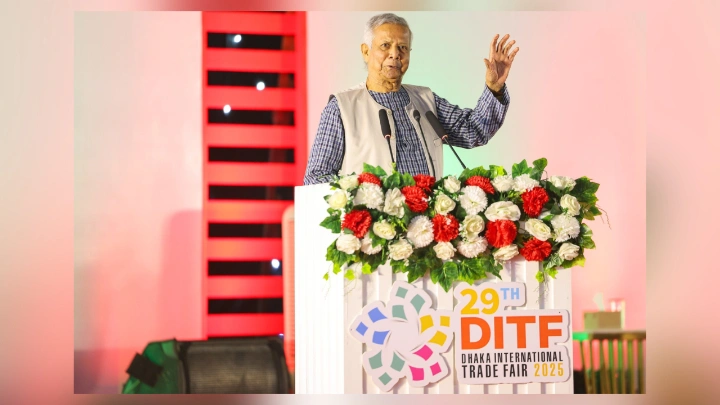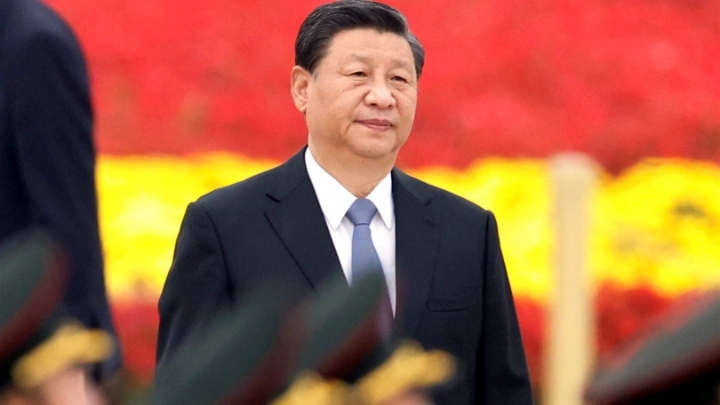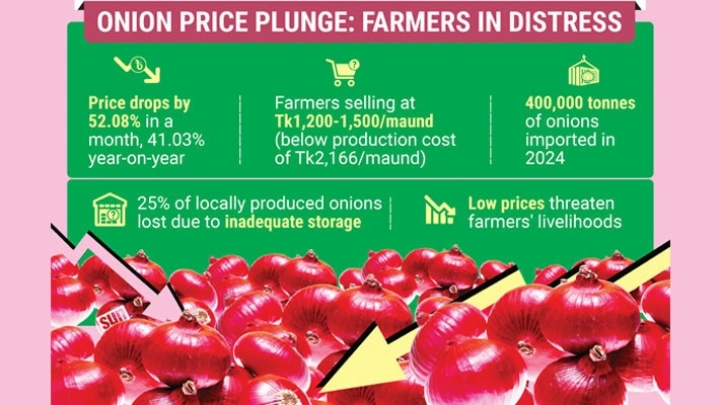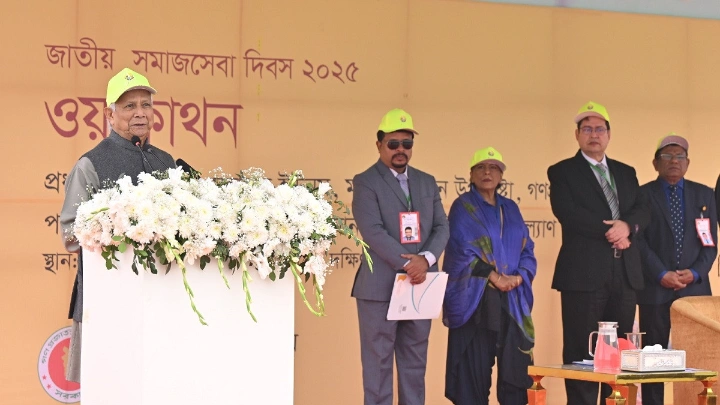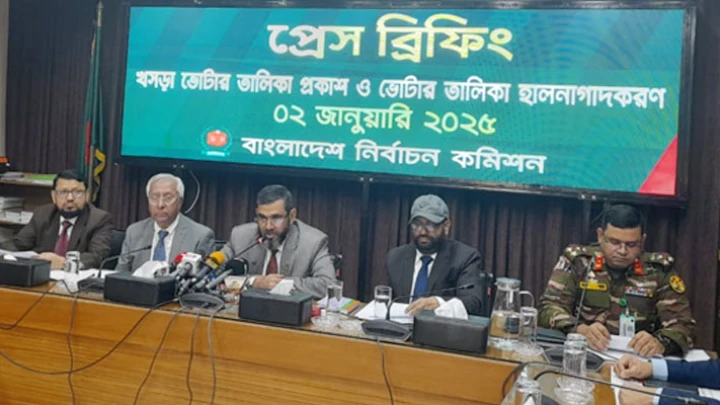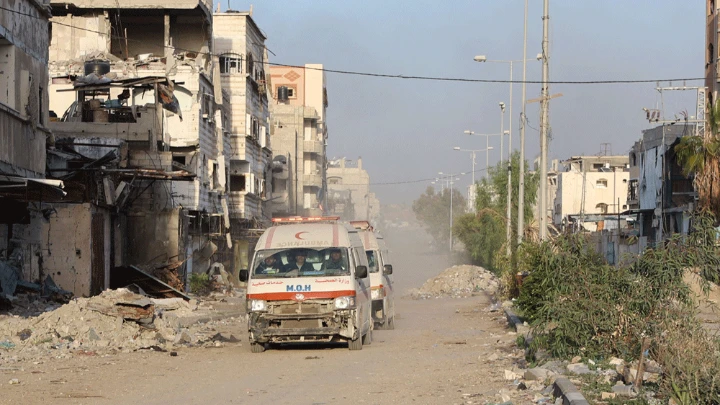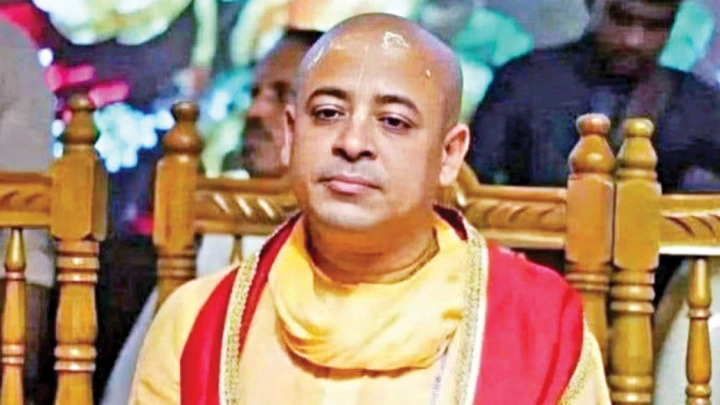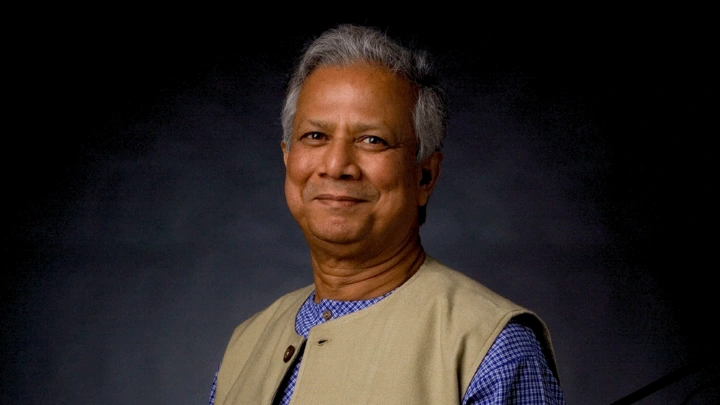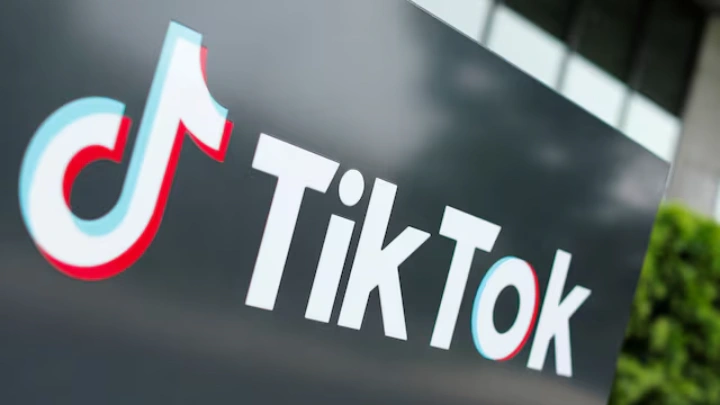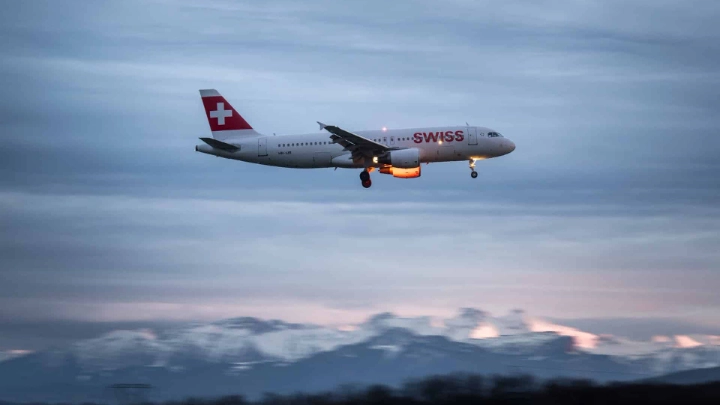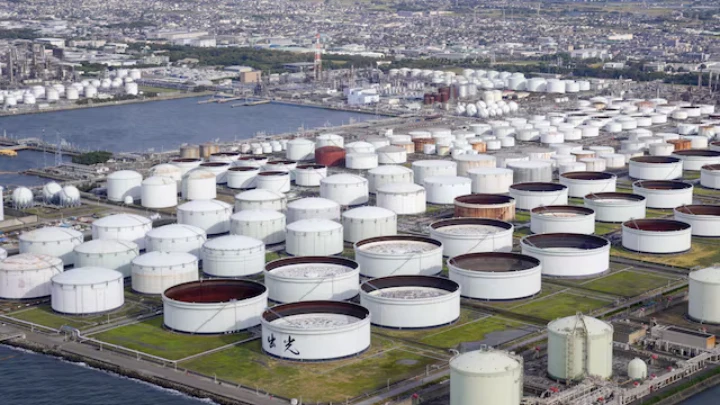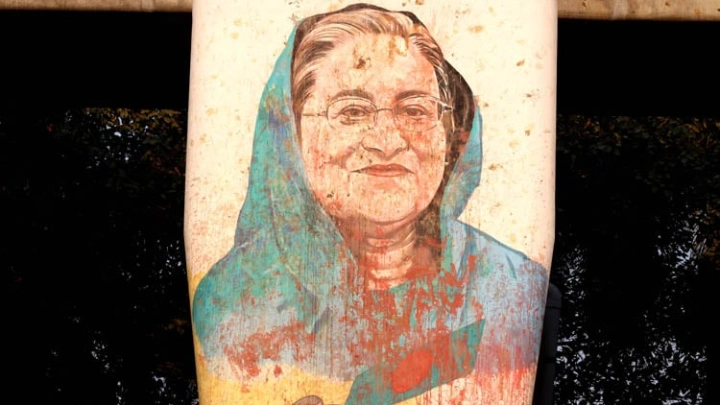Dhaka urges EU to regularise undocumented Bangladeshis, revise GSP policy
DailySun || Shining BD
Bangladesh has called for regularisation of its nationals living in European countries without proper documentation and a revision of the Generalised Scheme of Preferences (GSP) policy to ensure continued duty-free access for its products to the EU market.
It made the call during a significant joint commission meeting held in Dhaka on Monday.
The 11th Bangladesh-EU Joint Commission meeting also discussed the repatriation of Rohingyas to Myanmar through multilateral initiatives.
Md Shahriar Kader Siddiky, secretary of the Economic Relations Division under the Ministry of Finance, and Paola Pampaloni, European Union deputy managing director for Asia and the Pacific, led their respective sides at the meeting.
Meeting sources indicated that the EU is looking for more skilled labour under its Talent Partnership programme. Several
EU countries expressed interest in recruiting workers from Bangladesh across 10 sectors, including ICT, caregiving, construction, tourism and hospitality, agriculture, shipbuilding and garment manufacturing.
The Bangladeshi government is currently developing a road map for the legal migration of skilled workers to these countries, which will be published upon mutual agreement.
The EU’s Talent Partnership programme, announced in April 2022, aims to attract skilled workers from Bangladesh and six other countries. Discussions during the meeting emphasised the need to provide legal status to many Bangladeshi immigrants currently residing in Europe without proper documentation.
On the GSP front, Bangladesh presented several demands to the EU representatives, including amendments to the new draft GSP policy, particularly regarding protective provisions.
The goal is to ensure that all Bangladeshi products, including ready-made garments (RMG), can access GSP+ benefits, allowing for duty-free entry into the European market. The need to suspend certain protective provisions of the new GSP framework was also discussed, especially to prevent punitive measures against the Bangladeshi garment sector following its LDC graduation.
As the largest buyer of Bangladeshi products, the EU plays a crucial role in the country’s trade. Currently, Bangladesh exports products under the Everything But Arms (EBA) initiative, which allows duty-free exports to the EU. Even after its potential upgrade to a developing country in 2026, these benefits will continue until 2027. However, the loss of GSP status could mean a shift from zero tariffs to a 12% tariff for Bangladesh exports to the EU, raising concerns about market access.
The meeting also explored the ongoing economic challenges faced by Bangladesh, exacerbated by global issues such as the Russia-Ukraine conflict and violence in Gaza, which have contributed to inflation and economic slowdowns domestically.
The International Monetary Fund has projected global economic growth rates of 3.2% in 2024 and 3.3% in 2025, highlighting the impact of global economic downturns on Bangladesh’s development.
Both parties reaffirmed their commitment to strengthening economic ties through enhanced trade and investment flows, agreeing to trade under the EBA framework. The EU remains Bangladesh’s primary trade partner, with both sides committed to enhancing their climate dialogue.
Future commercial relations will be contingent on respect for labour rights and human rights, with Bangladesh committing to sustainable reforms and adherence to International Labour Organization (ILO) conventions.
A road map to strengthening compliance with labour and human rights standards was also discussed.
Overall, the joint commission meeting underscored the importance of collaborative efforts in addressing immigration issues, enhancing trade relations and ensuring compliance with international standards.
Shining BD

